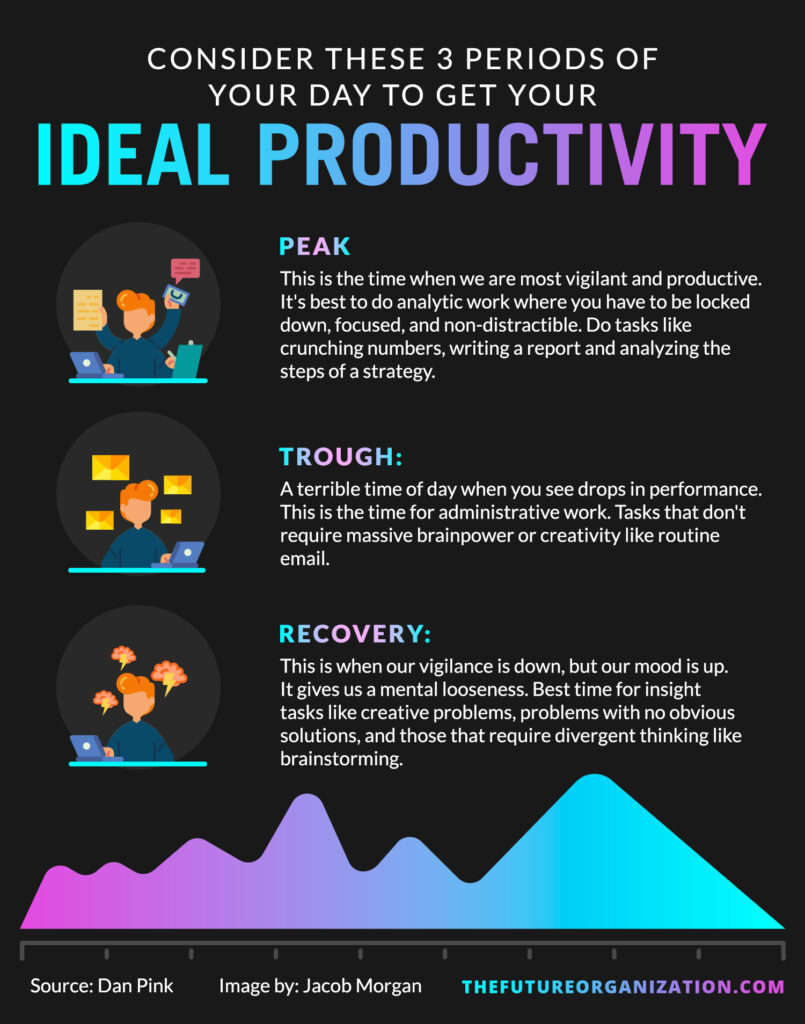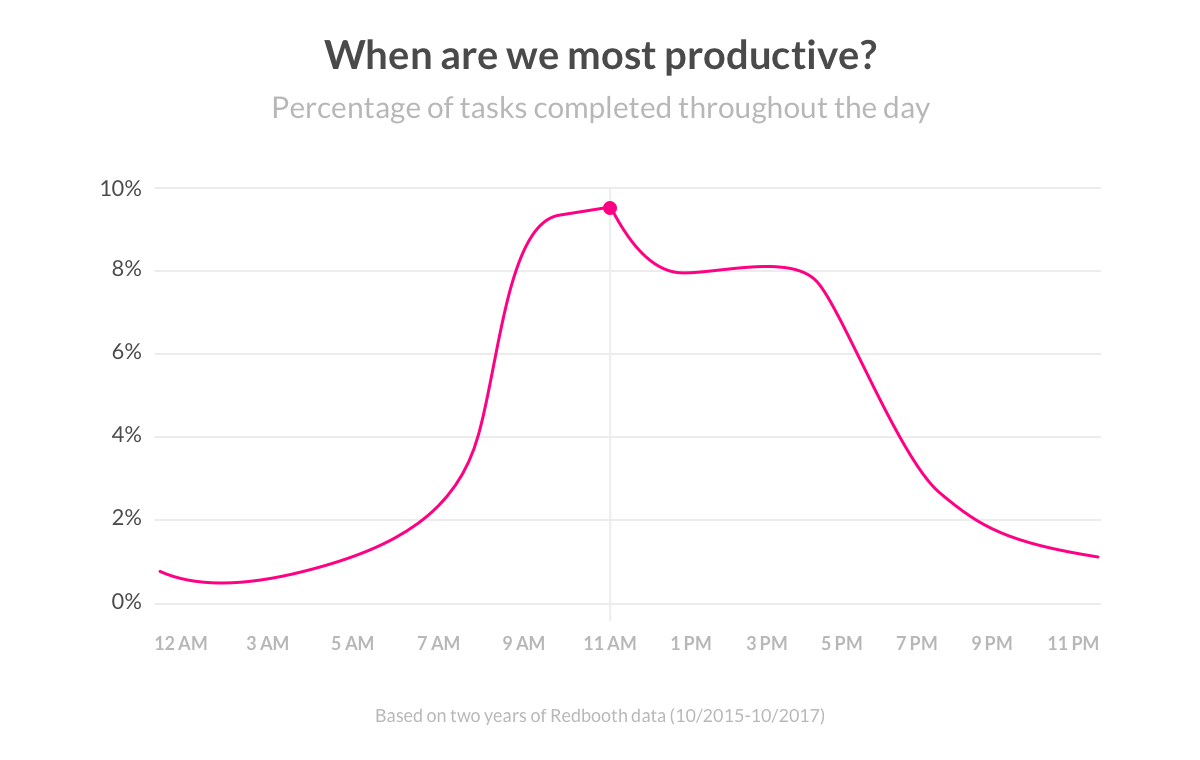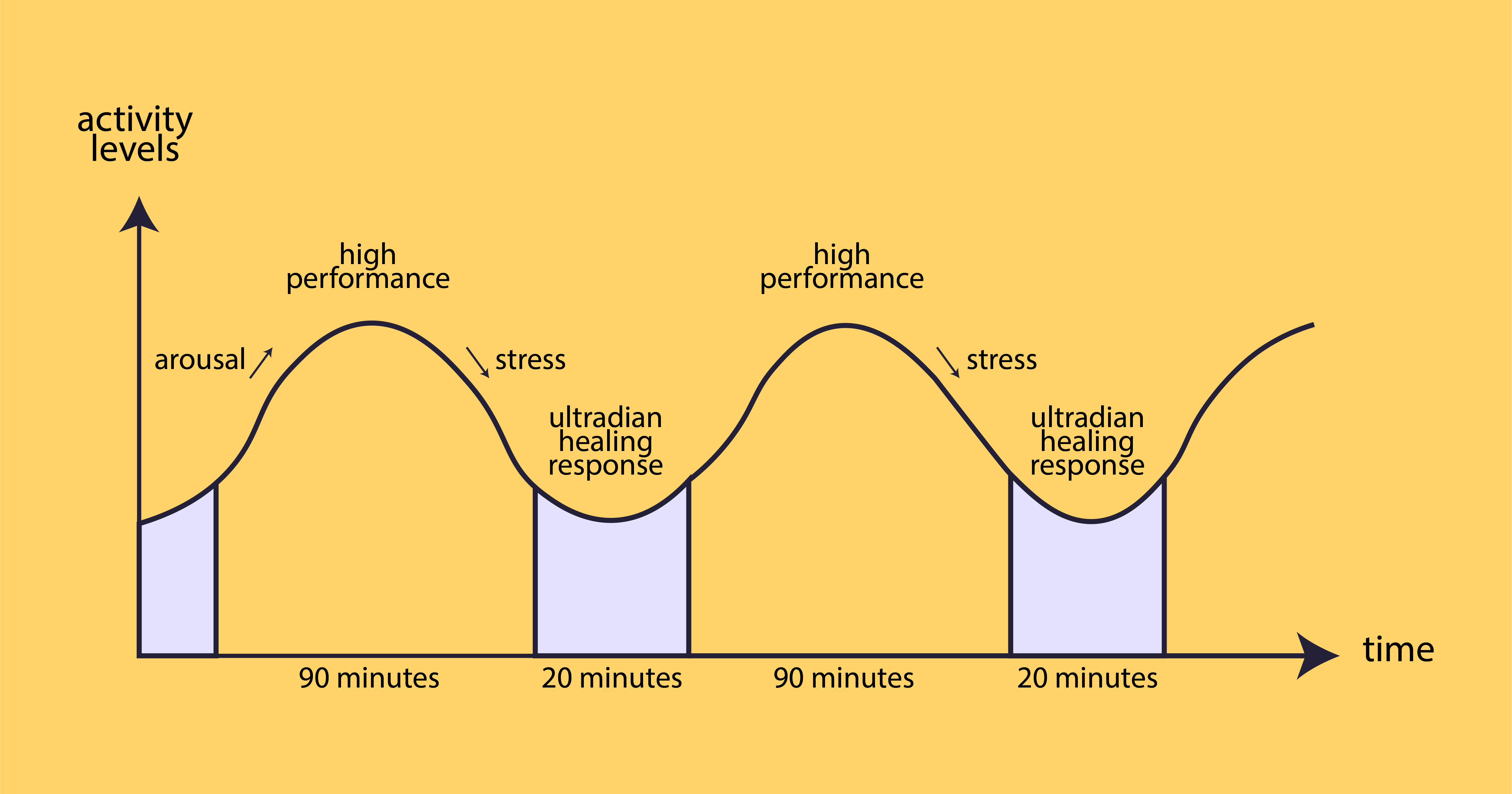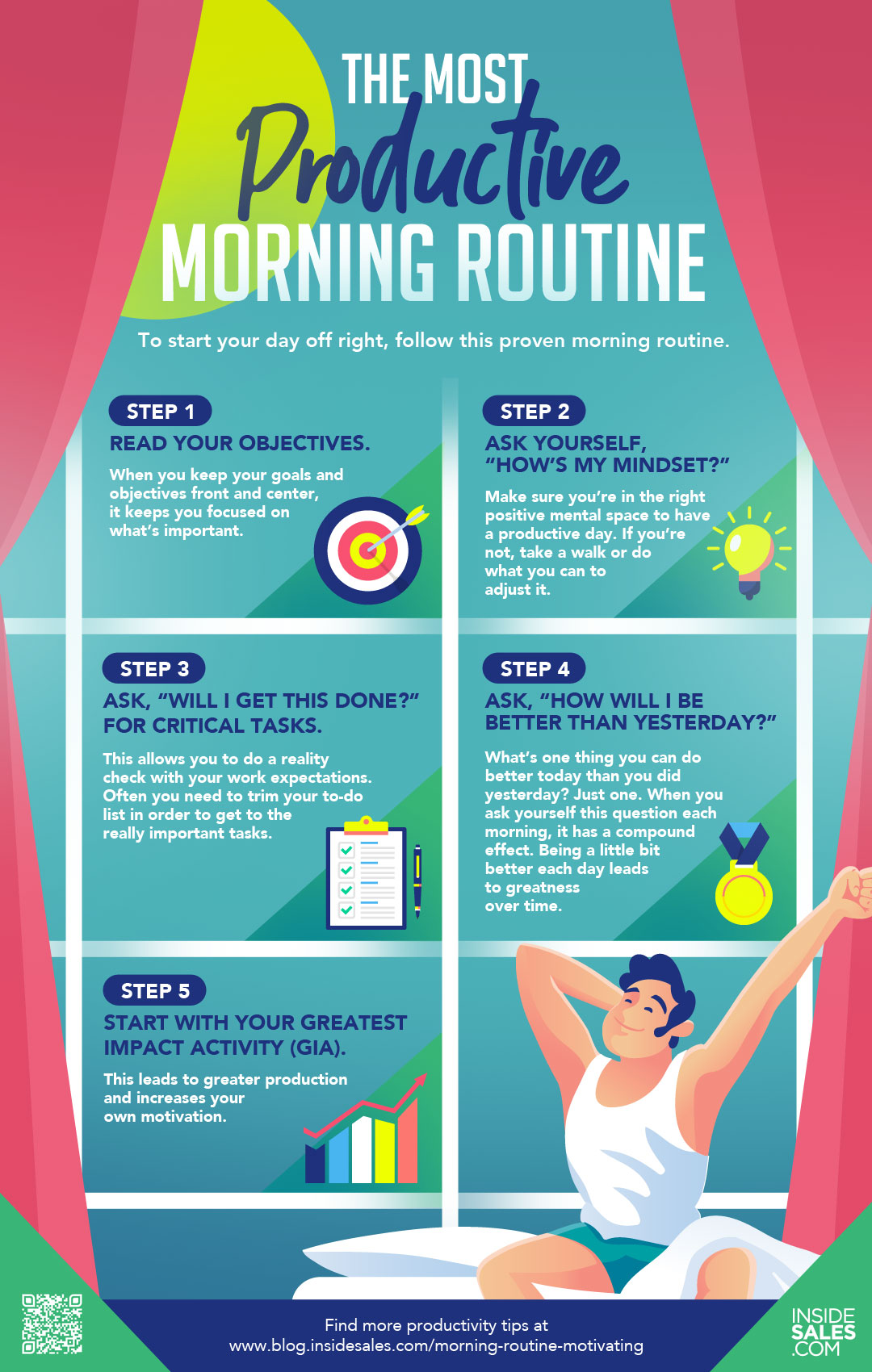What Time Of The Day Are You Most Productive
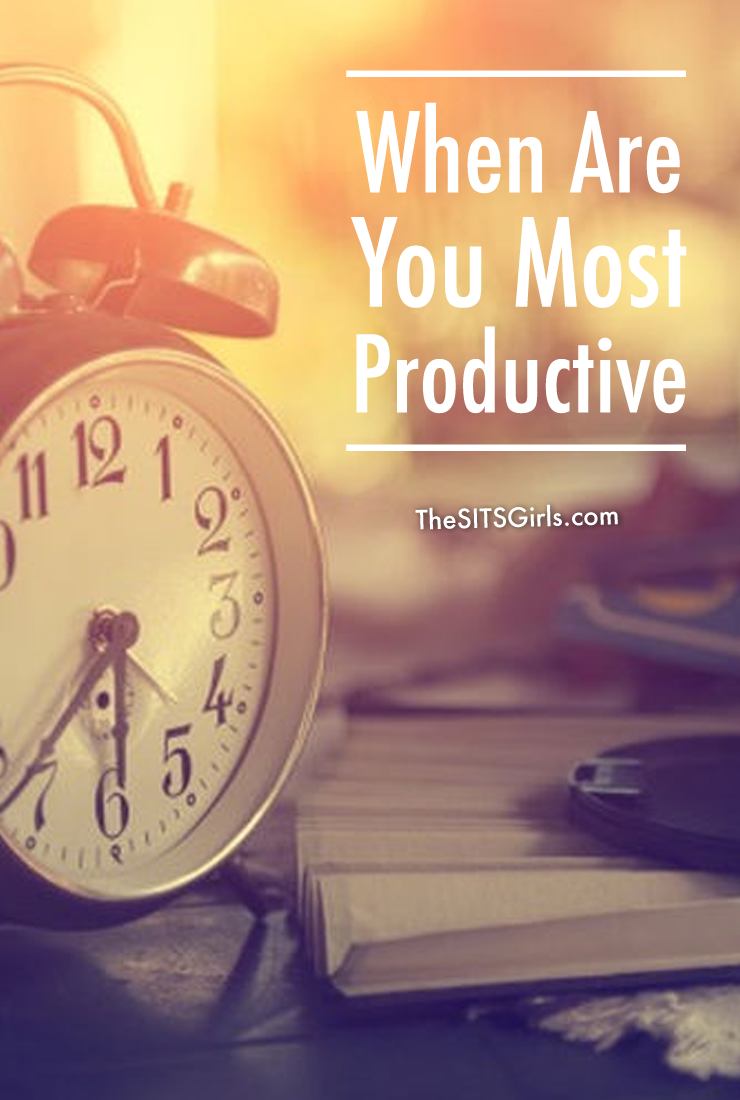
In the relentless pursuit of efficiency, a fundamental question echoes across homes and offices: when do we truly hit our peak performance? The answer, far from being universal, is deeply personal and intertwined with our unique biology and daily routines.
The timing of our most productive hours is not a simple matter of preference, but a complex interplay of chronobiology, work habits, and environmental factors. Understanding these elements can unlock hidden potential and dramatically improve our effectiveness.
The Science of Circadian Rhythms
At the heart of our productivity lies the circadian rhythm, an internal biological clock that regulates sleep-wake cycles and influences hormone release, body temperature, and cognitive function. These rhythms are genetically predetermined, explaining why some individuals are naturally early birds, while others thrive as night owls.
A study published in the journal "Nature Neuroscience" highlights the genetic component of chronotypes, showing that variations in genes related to circadian rhythm influence preferred sleep and wake times. This explains why forcing yourself to work at a time misaligned with your natural rhythm often leads to reduced focus and efficiency.
The Morning Advantage?
For many, the morning hours offer a sanctuary of quiet and focus before the demands of the day fully materialize. Research from the Harvard Business Review suggests that individuals tend to exhibit greater cognitive flexibility and analytical skills earlier in the day, making it an ideal time for complex problem-solving.
However, the morning "advantage" is contingent on aligning with your natural chronotype. Forcing a night owl to tackle demanding tasks at 8 AM could be counterproductive, leading to frustration and diminished output.
“Understanding your chronotype is crucial. Aligning your most demanding tasks with your peak alertness periods can significantly enhance productivity and job satisfaction.” - Dr. Emily Carter, Chronobiology Researcher.
The Evening Surge?
Conversely, individuals with a preference for later hours often experience a surge in creativity and focus as the day winds down. The reduced external stimuli and the sense of accomplishment from the day's progress can create a conducive environment for deep work.
Studies from the University of Liège have shown that night owls demonstrate increased activity in brain regions associated with attention and cognitive control later in the day. This suggests a biological basis for their evening productivity peaks.
Beyond Biology: Environmental and Behavioral Factors
While circadian rhythms play a significant role, external factors also shape our productivity. Our work environment, daily routines, and even our diet can influence our focus and energy levels throughout the day.
A study conducted by the American Psychological Association found that regular exercise and a balanced diet contribute significantly to maintaining consistent energy levels and improving overall productivity. Furthermore, minimizing distractions and creating a dedicated workspace can enhance focus, regardless of the time of day.
The Impact of Routine and Habits
Establishing a consistent sleep schedule, even on weekends, can help regulate your circadian rhythm and improve the consistency of your productivity. Incorporating short breaks throughout the day, known as the Pomodoro Technique, can also prevent mental fatigue and maintain focus.
Additionally, avoiding excessive caffeine or screen time before bed can promote better sleep quality, further enhancing daytime alertness and productivity. Small adjustments to our daily habits can have a profound impact on our overall effectiveness.
Personalizing Your Productivity
Ultimately, identifying your most productive time requires self-awareness and experimentation. Tracking your energy levels and focus throughout the day can reveal patterns and provide insights into your natural rhythm. Paying attention to when you feel most alert, creative, and motivated is crucial.
There are tools such as activity trackers and productivity apps that can help you monitor your activity levels and track when you are most effective. Experiment with different schedules and strategies to find what works best for you.
The key takeaway is that productivity is not a one-size-fits-all concept. By understanding your circadian rhythm and optimizing your environment and habits, you can unlock your peak performance and achieve greater success in your endeavors.








